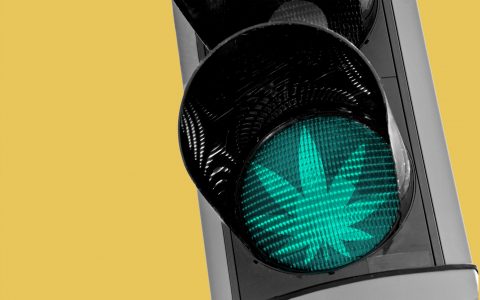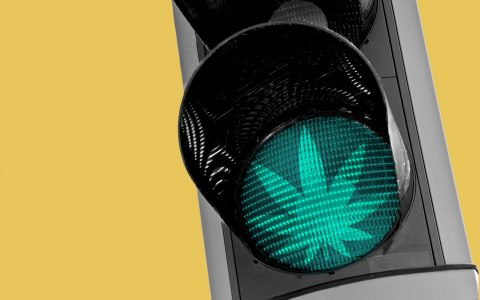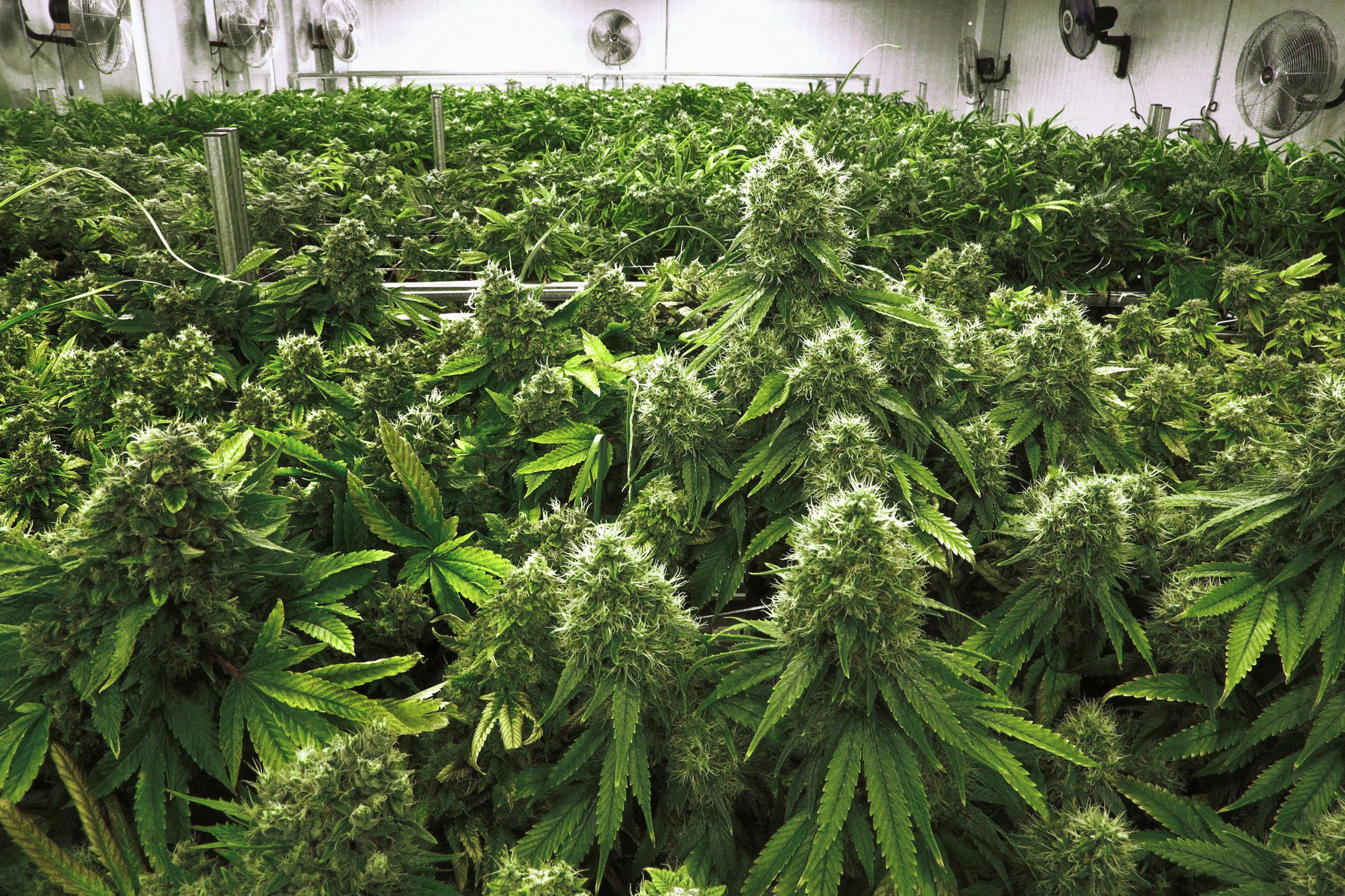A day after Ontario municipalities had to notify the province if they were opting out of hosting cannabis retail outlets, the final tally is in: A little more than 80% of municipalities are open to having cannabis retail outlets in their areas while the remaining municipalities are not. This outcome bodes well for the jurisdictions who have opted in, say industry analysts, but it’s a mixed blessing for the cannabis market overall.
Among the 337 municipalities that are open to having cannabis retail outlets, those with more than 50,000 residents could see stores open as soon as April and that would provide an economic boost for each of those communities, says Alanna Sokic, a cannabis specialist at the Toronto-based consulting firm Global Public Affairs.
In some cases, those municipalities will thrive at the expense of their neighbours. By way of example, she points to the case of two populous municipalities in the Greater Toronto Area. Brampton will welcome cannabis retail outlets while its neighbour, Mississauga, will not.
Economic Benefits
Sokic says Brampton will benefit from job creation and the other benefits new business brings—and she says that economic boost that will be heightened when cannabis users in Mississauga travel just a few kilometres north to do their pot shopping. In that regard, Mississauga’s loss will be Brampton’s gain.
Sokic adds that residents of municipalities that have cannabis retail outlets will become more enlightened when it comes to cannabis use. “So far, there has been relatively little information about cannabis and how it should be used,” she told Leafly. “Retail outlets will provide frontline education for consumers.” For example, experts at the stores will be able to inform consumers about various strains and the difference between THC and CBD.
Sokic and other cannabis industry analysts believe that in municipalities where cannabis retail outlets exist, the black market will flounder—and that was one of the federal government’s primary objectives in legalizing recreational cannabis.
The opposite is true in the 77 municipalities that have banned cannabis retail, they say.
Eliminating the Black Market
Nick Pateras, vice-president of strategy at the cannabis resource and information company Lift & Co., told The Toronto Star that the black market could thrive in regions where several adjoining municipalities have banned cannabis retail outlets.
He added that residents of those areas will buy cannabis from traditional dealers and also from residents of municipalities that have cannabis retail outlets. He acknowledges that online sales are available across the province but notes that many cannabis users prefer to buy products they can see and smell.
Most industry analysts agree that an uneven landscape could delay the development of a robust cannabis retail market. Pateras told The Star it will result in “slower rollout” than desired by industry stakeholders.
Sokic says the patchwork presents a challenge for merchants and shoppers, and she adds that retailers are already frustrated. She says that when the province announced that 25 entities, chosen through a lottery, would be granted retail licenses, industry stakeholders were taken by surprise; retailers had been working under the assumption that there would be no cap on the number of stores.
But analysts say that, as the cannabis retail experiment proves successful in some municipalities, others will get onboard despite their current reservations, which includes unease with the lack of municipal control over the location of the stores. For now, though, many municipalities are taking a wait-and-see approach. “There’s still a lot of unanswered questions,” Sokic told Leafly. “I think this is why some municipalities have not yet opted in.”














